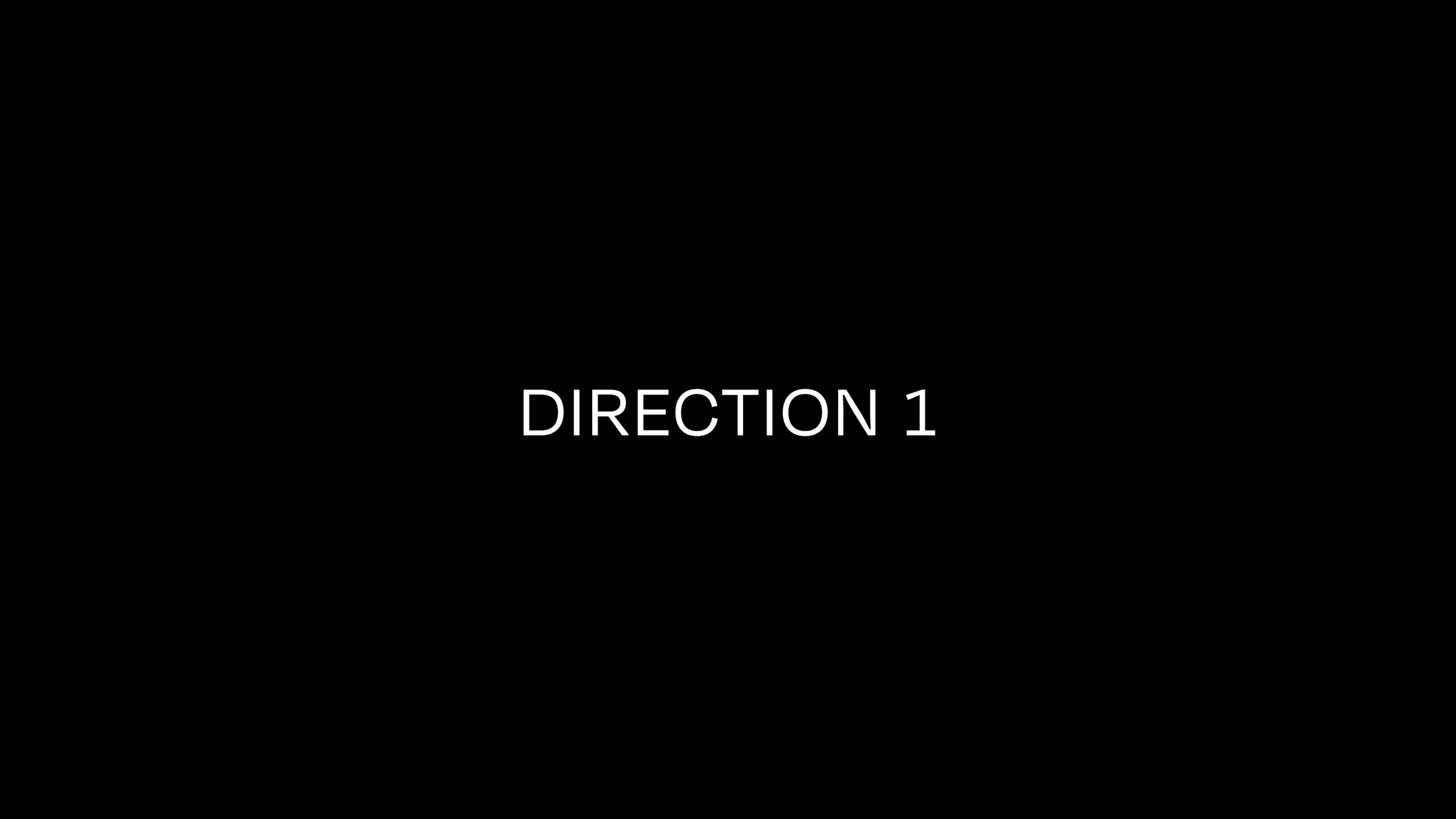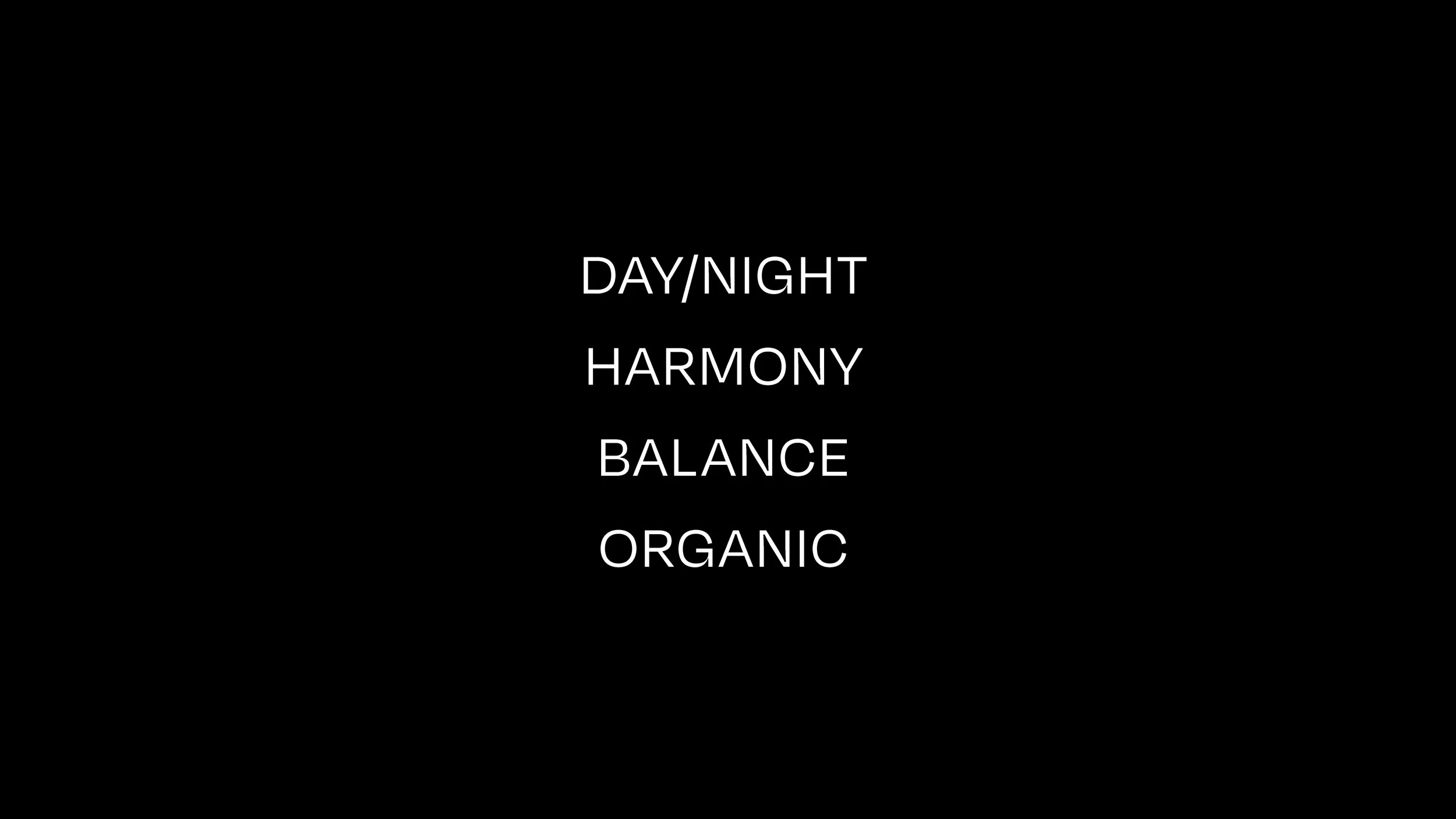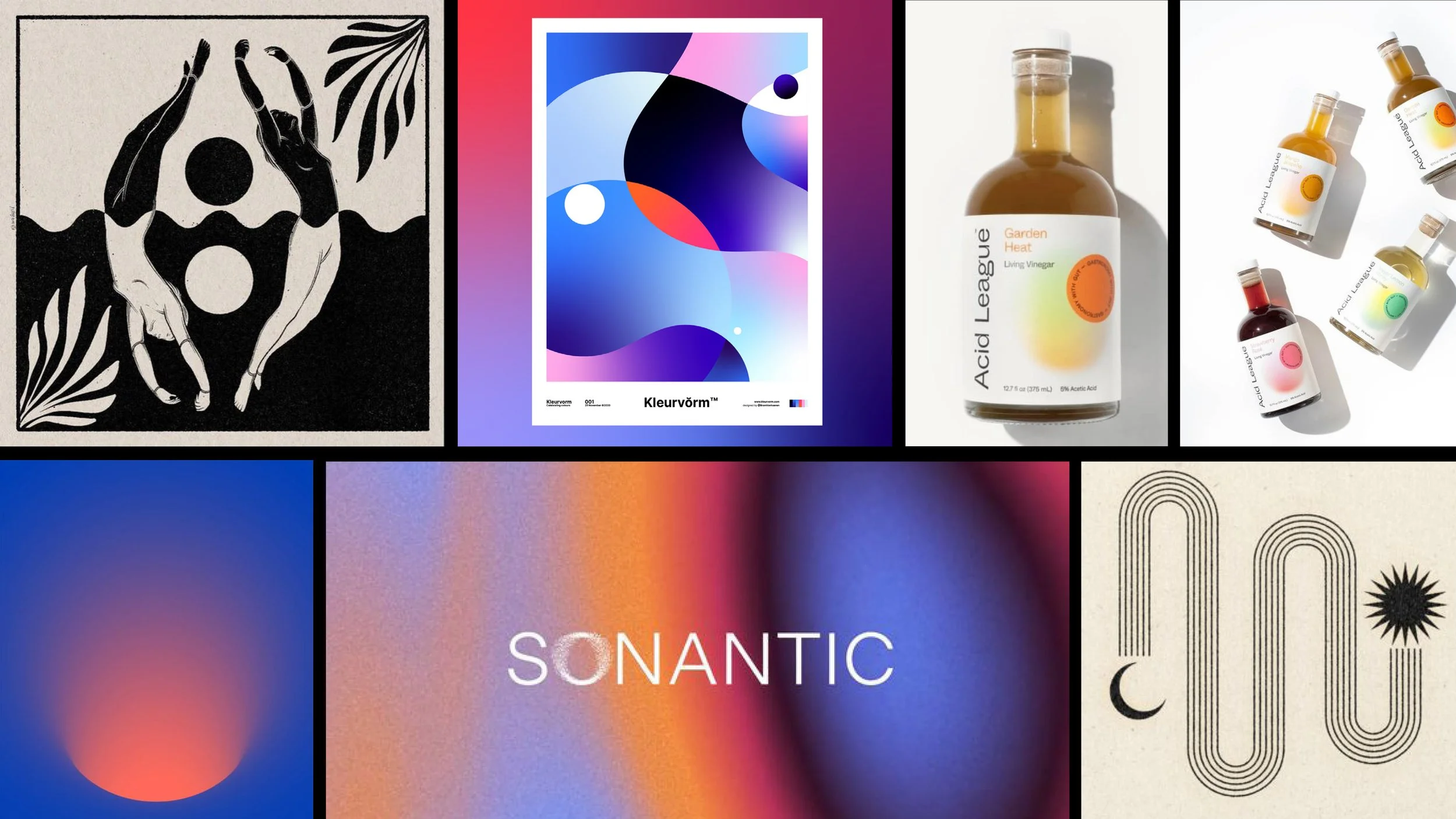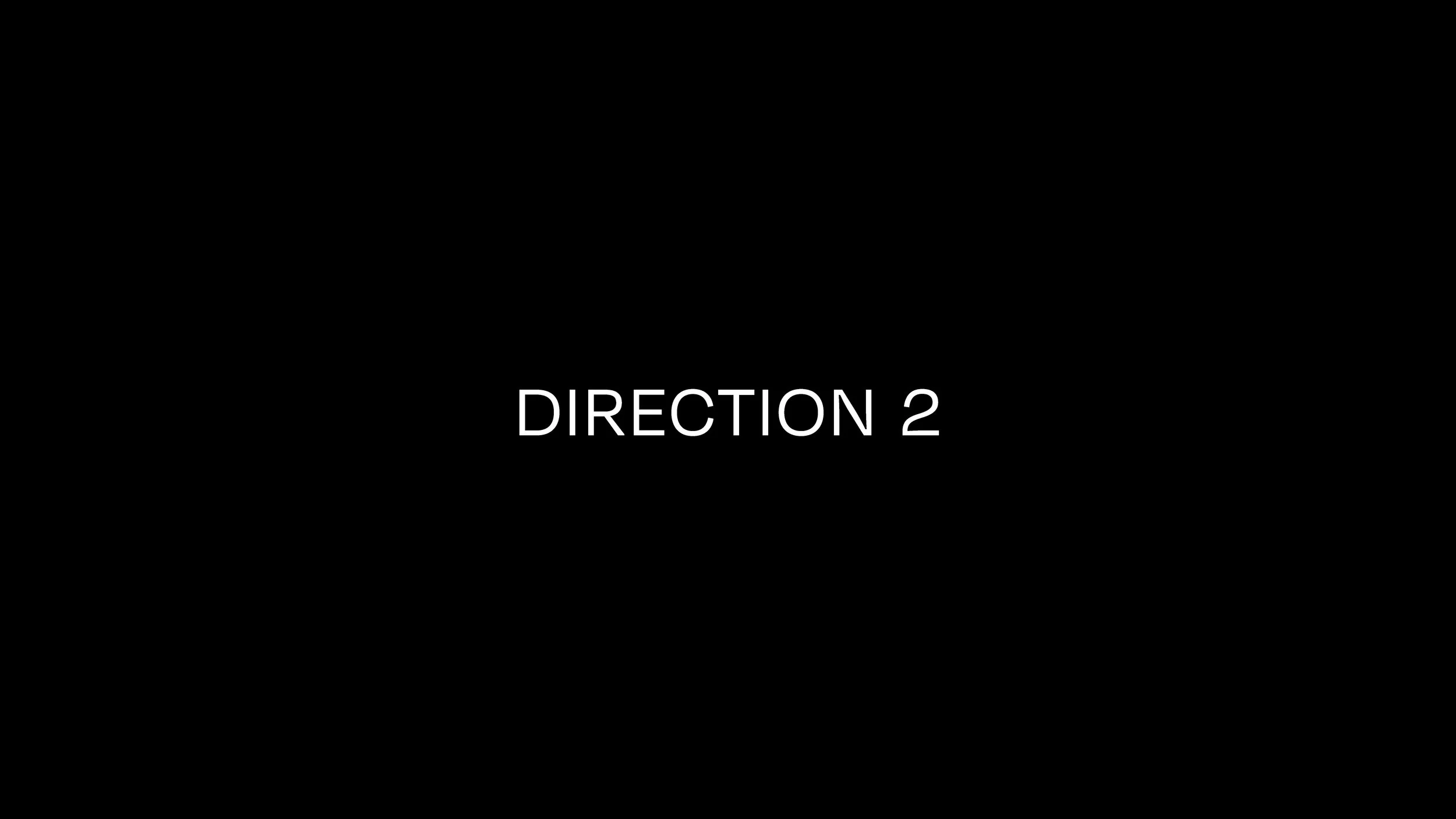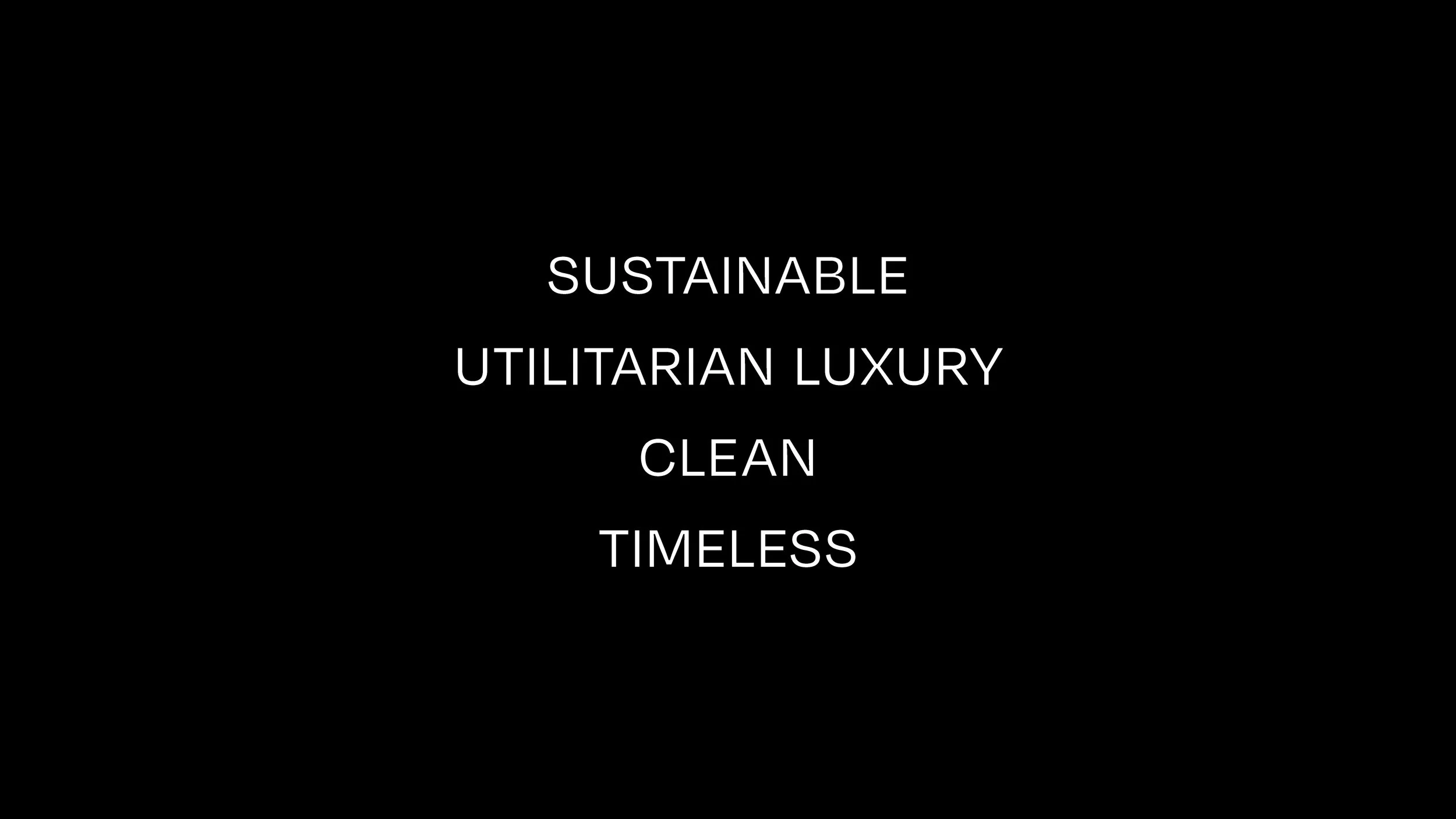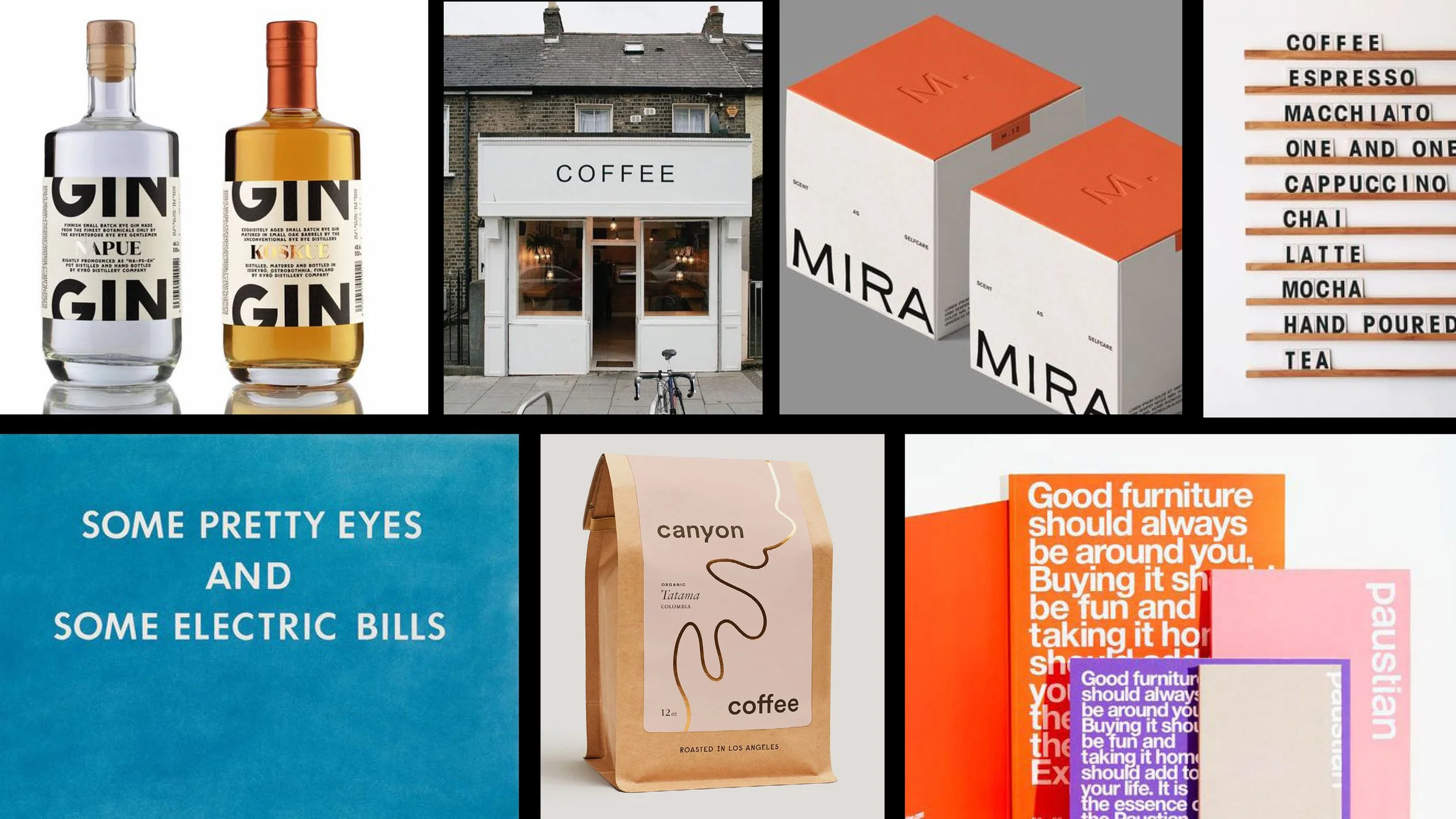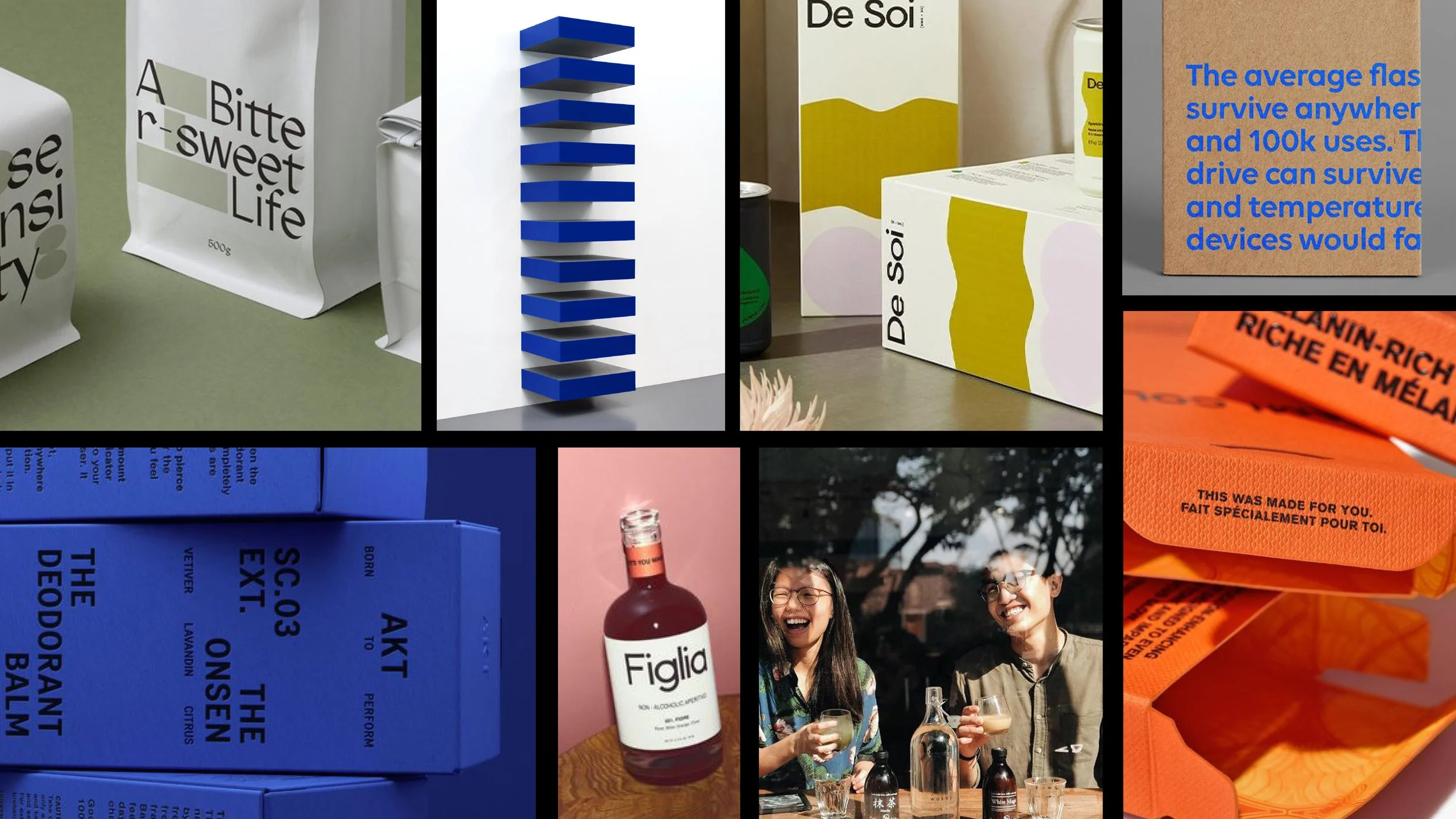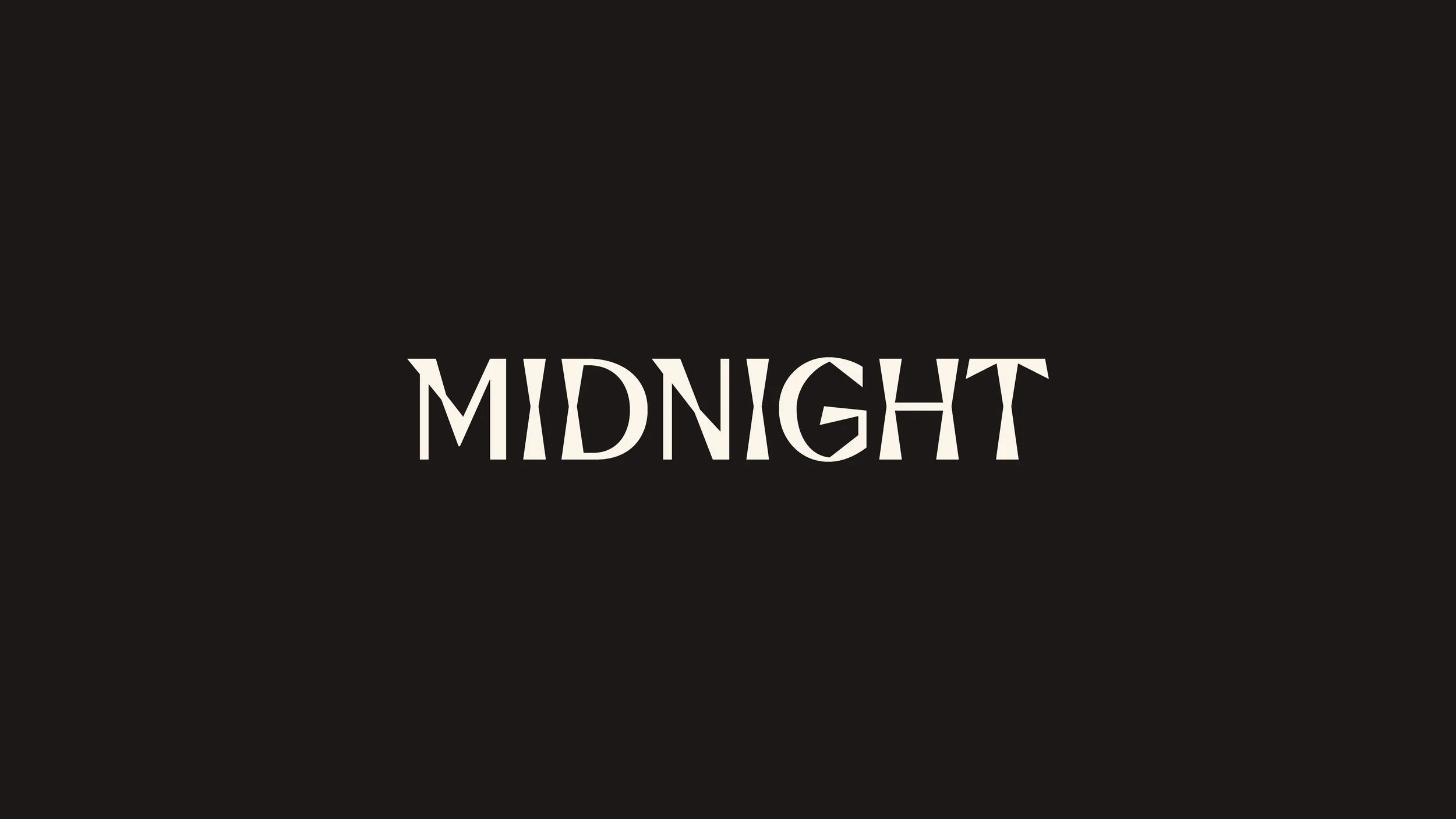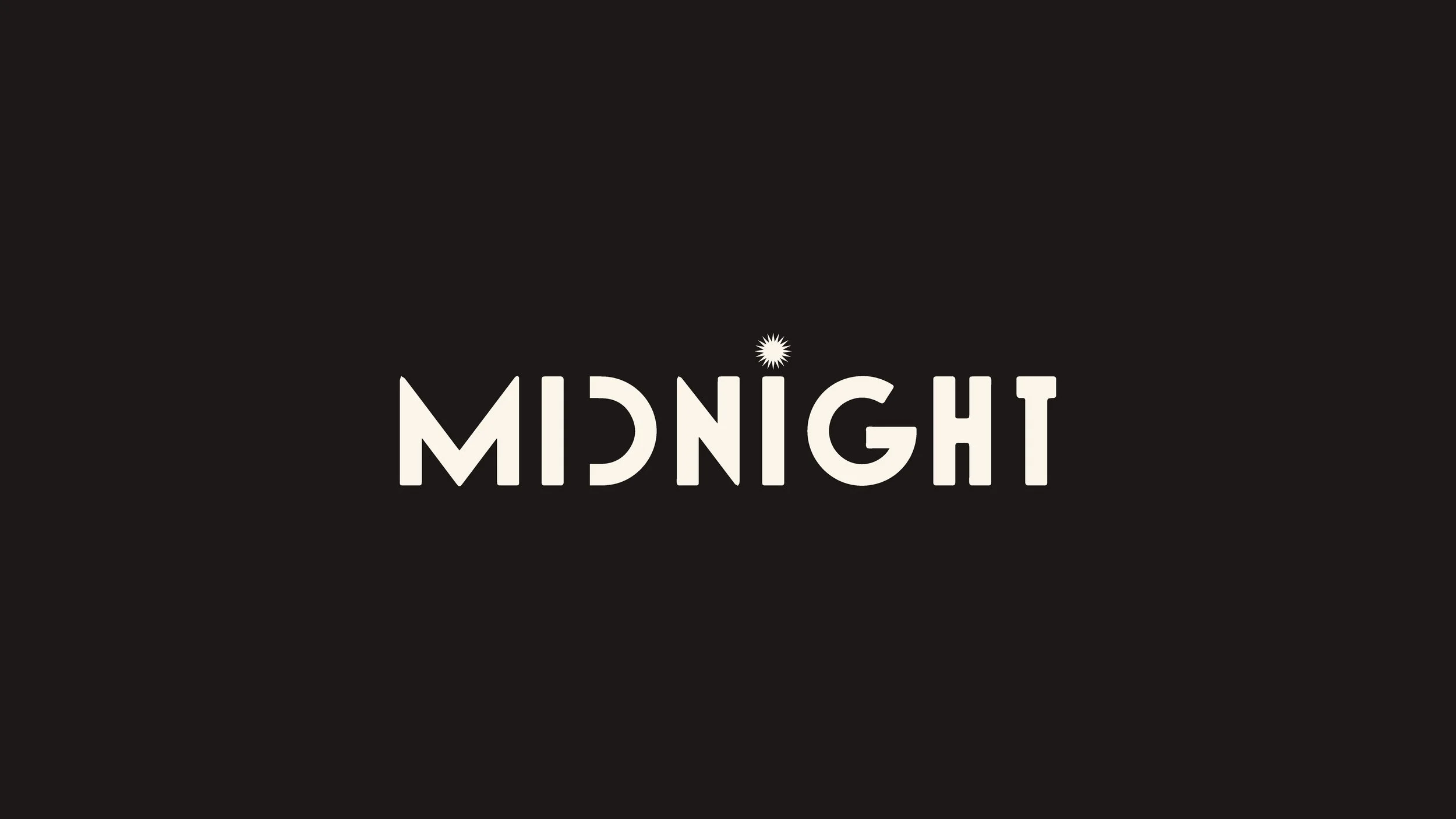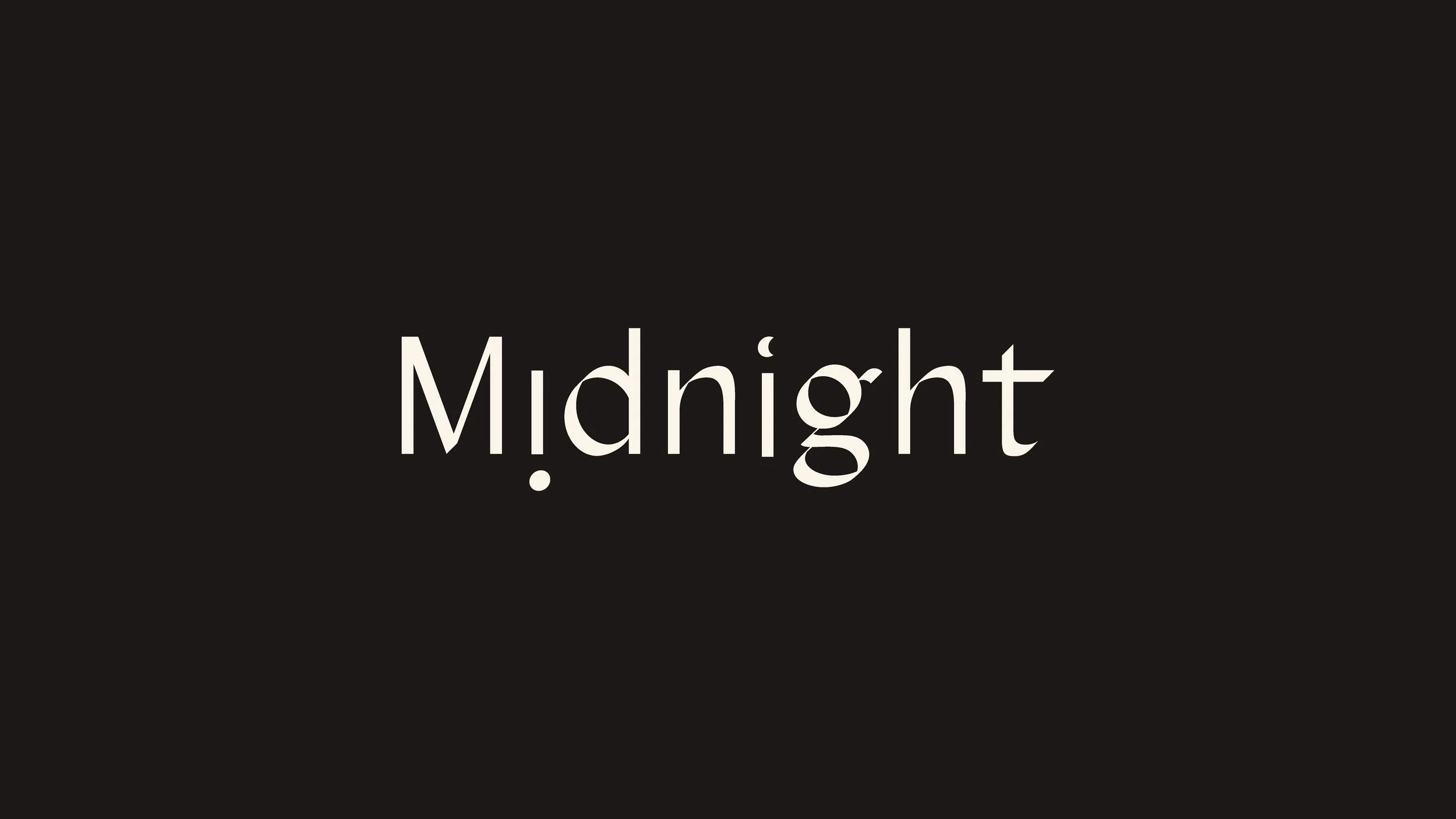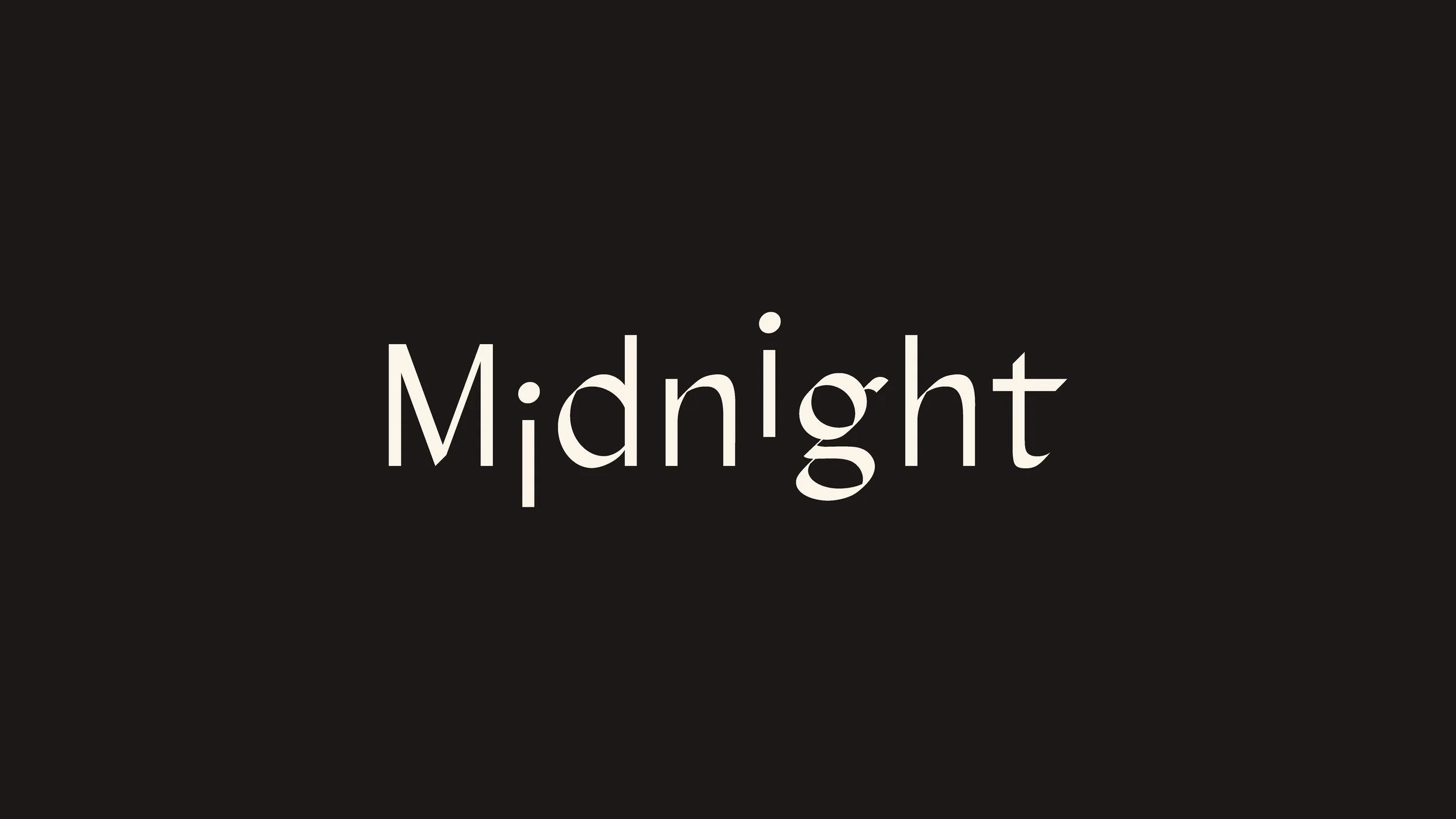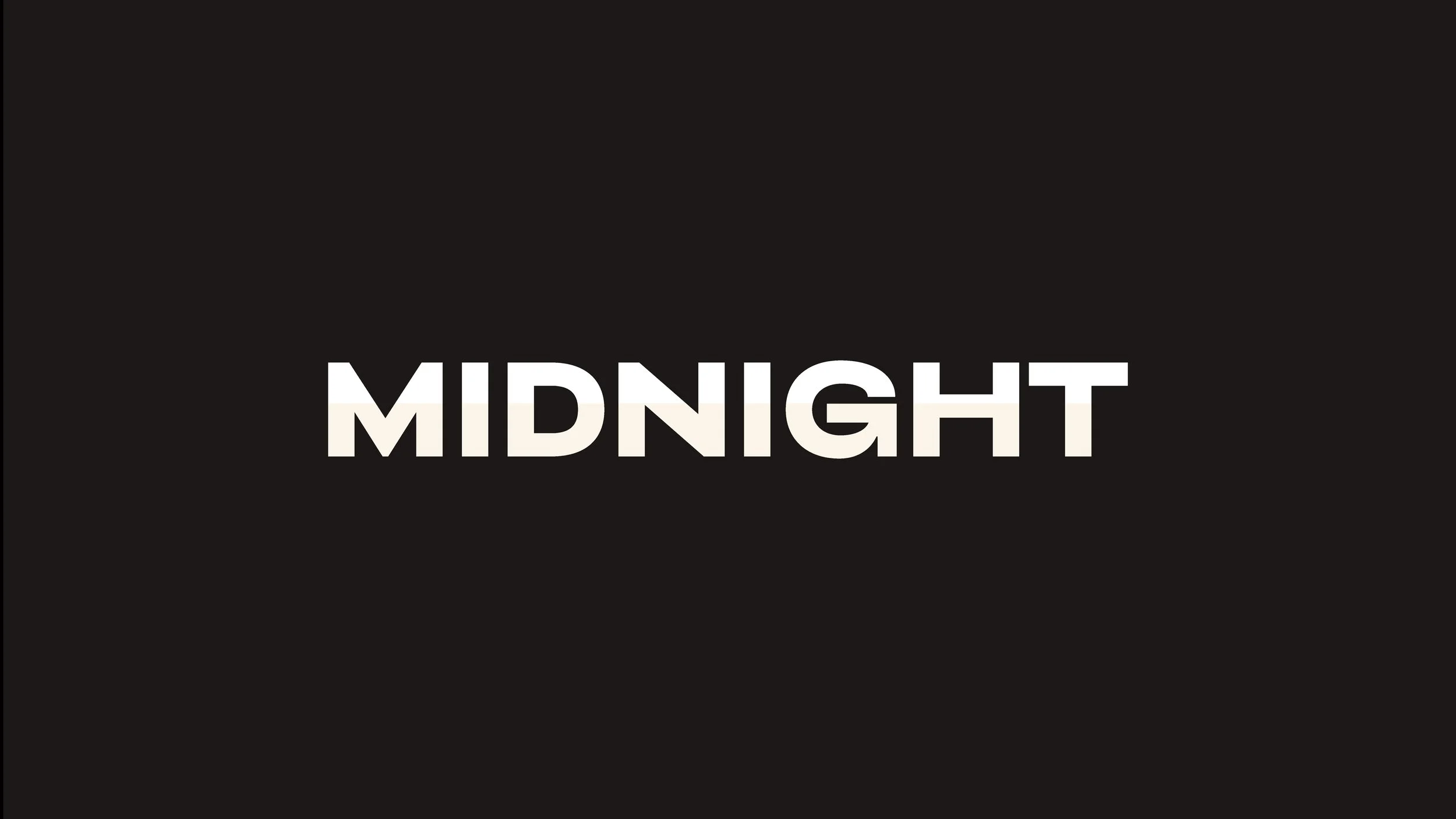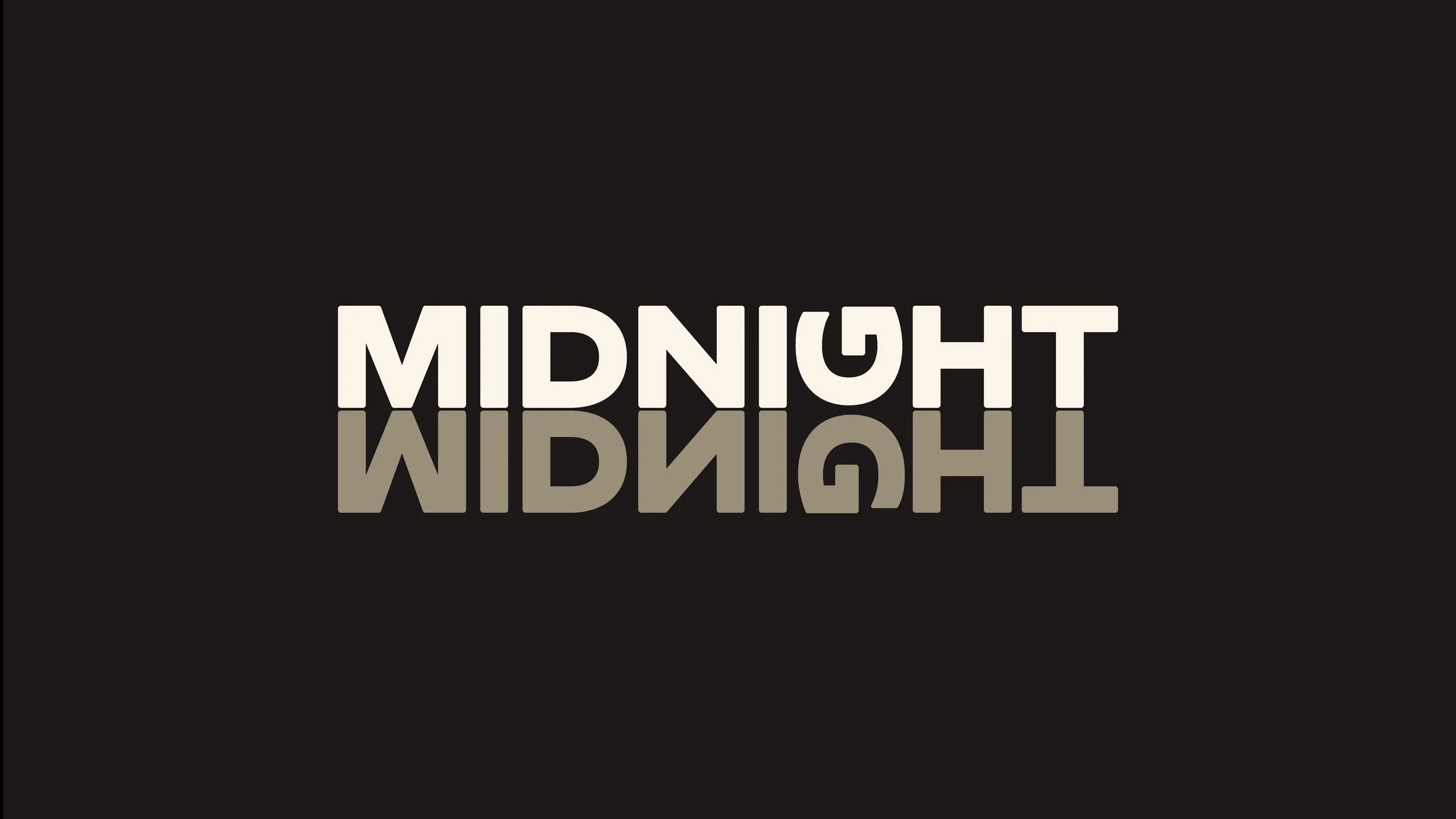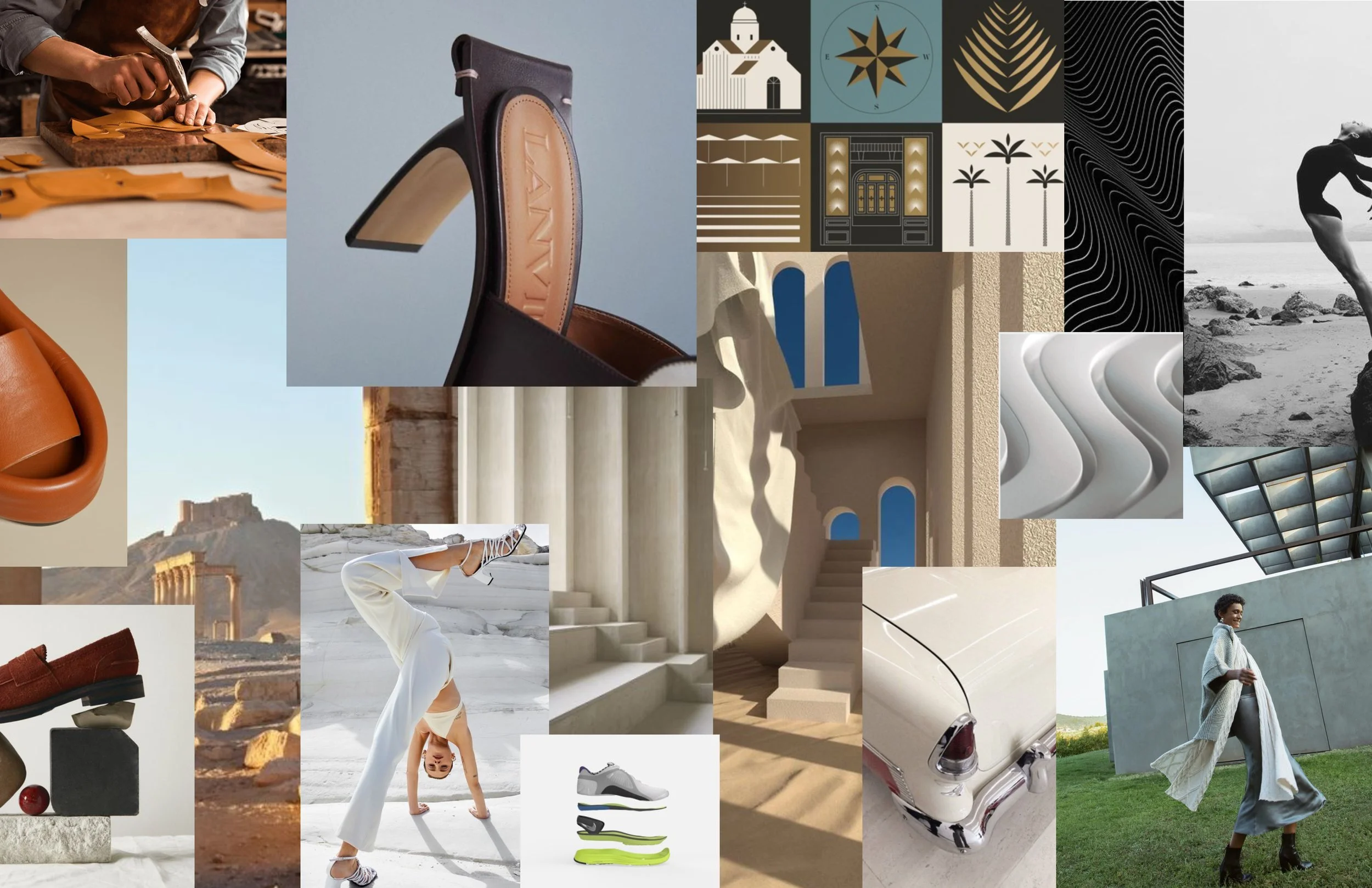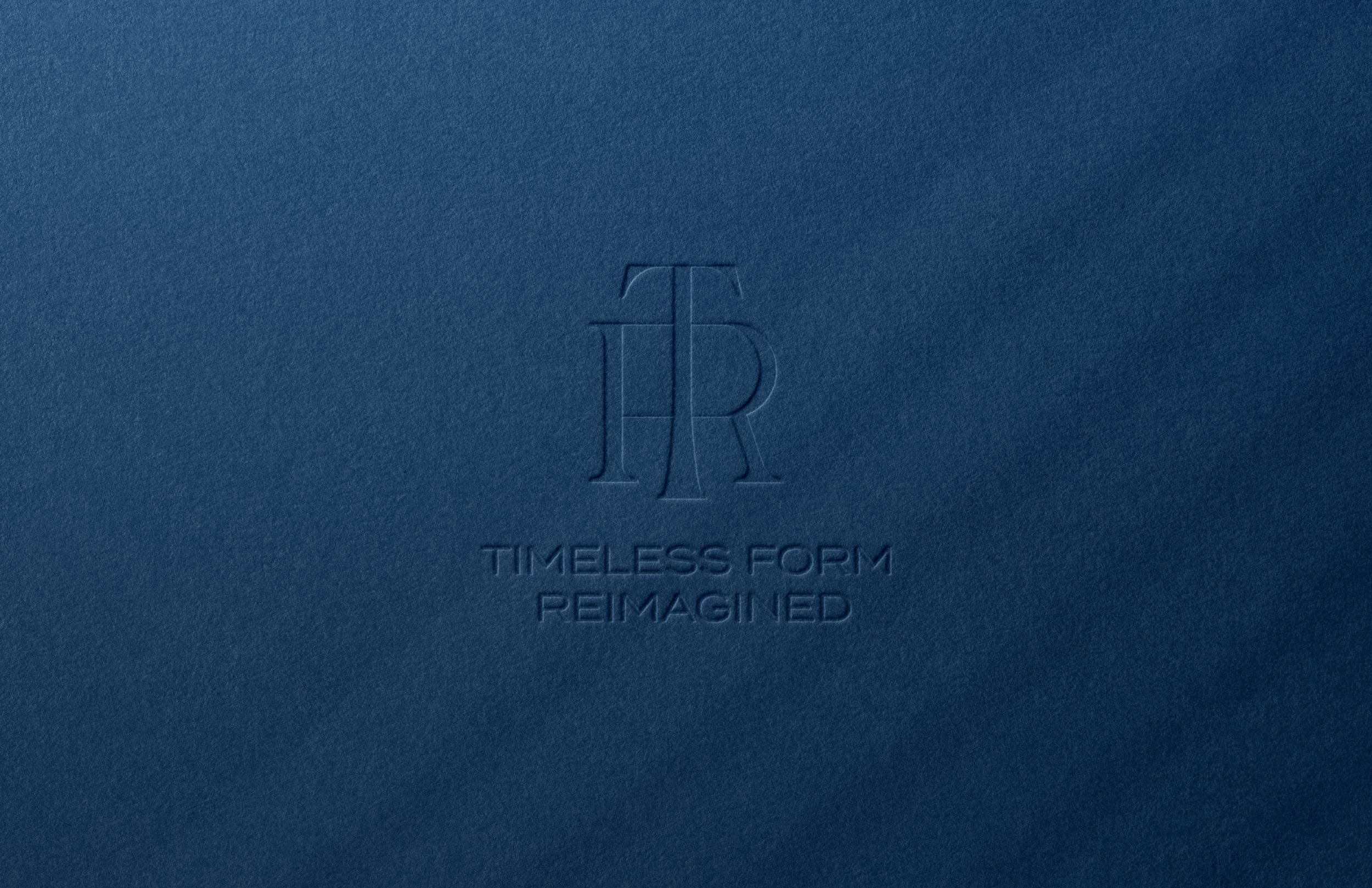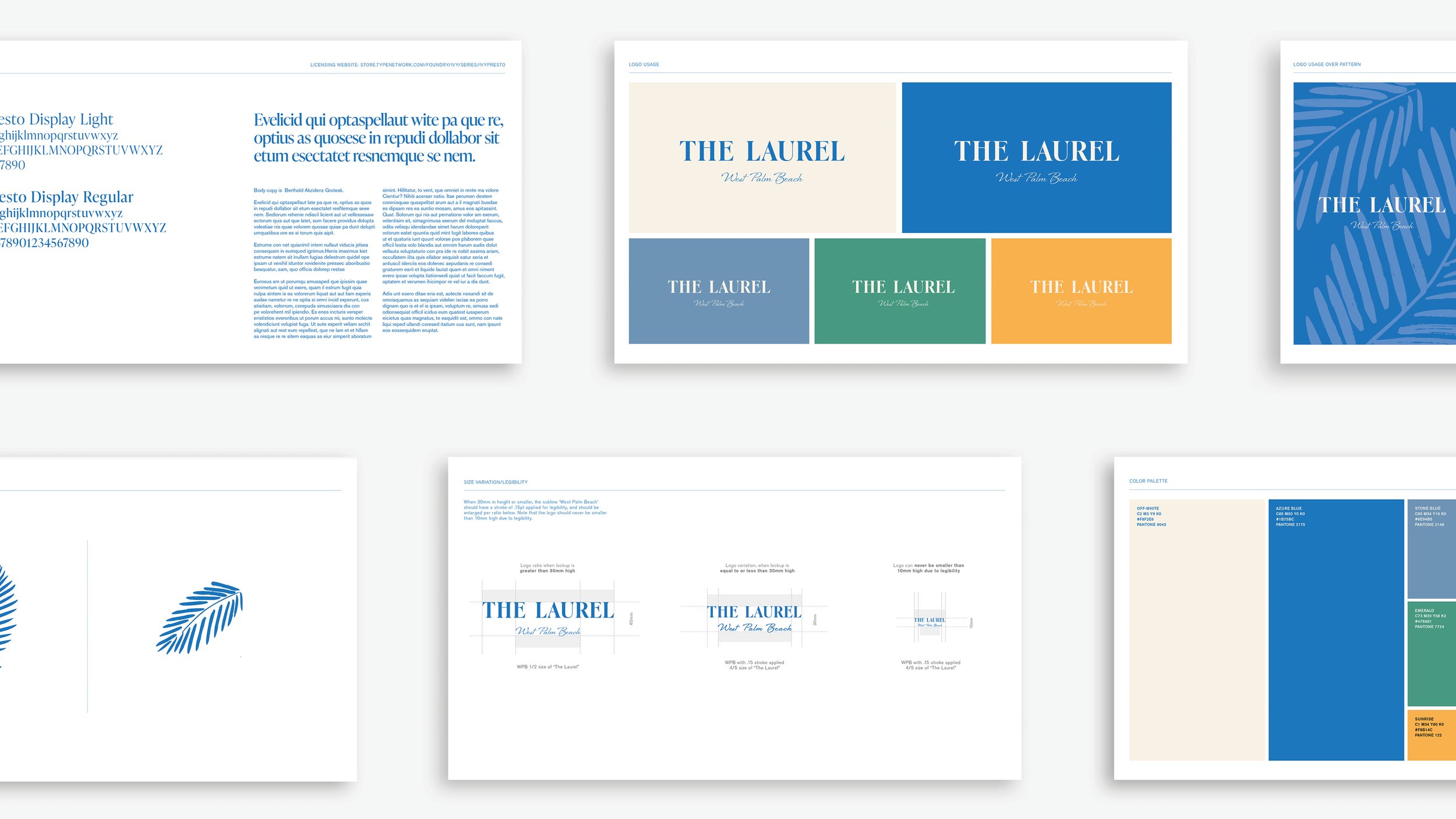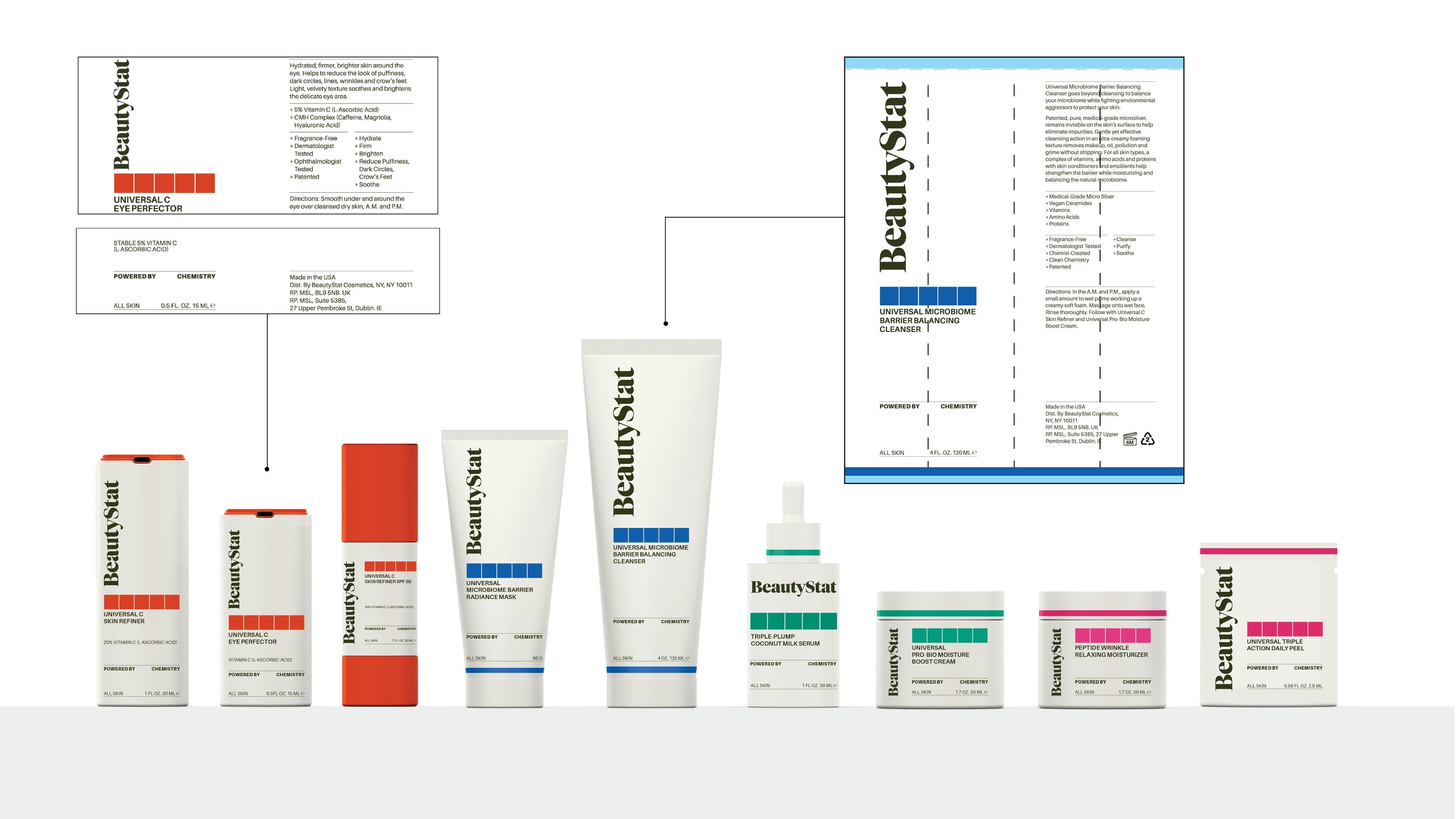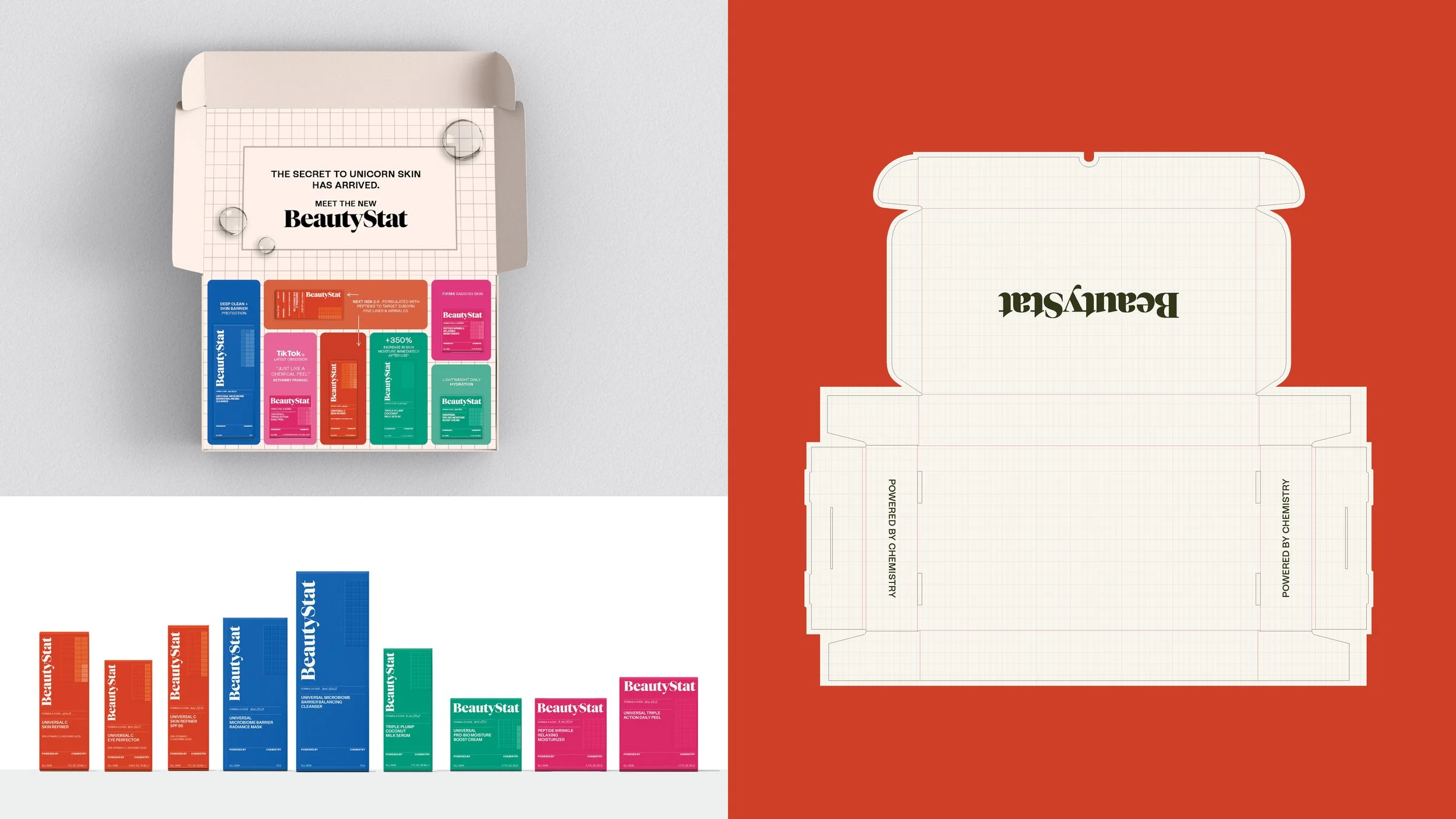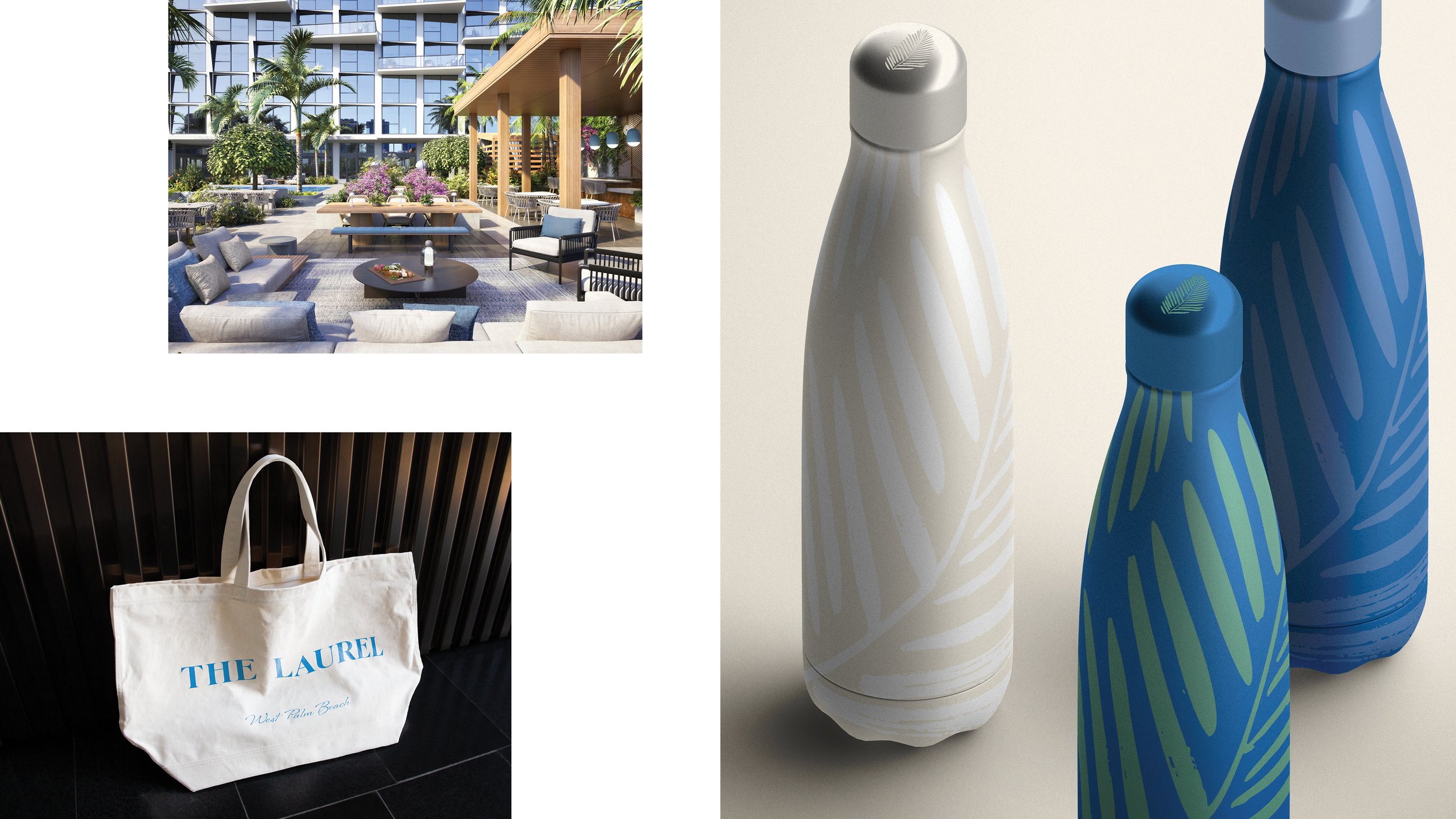Our Branding Approach
We shape every phase with intention, from uncovering your brand’s essence to building a dynamic design system. Here’s a step-by-step look at how we bring your vision to life.
STEP 01.
Client Meeting & Questionnaire
Before diving into design, we start with a discovery session to understand your brand’s vision, goals, and audience. You'll also complete a brand questionnaire to help define key attributes, positioning, and inspiration.
Moving into Phase 2 assumes that foundational brand strategy work has already been established. If additional strategy is needed—such as defining core values, brand positioning, messaging, or audience insights—this should be completed before progressing to creative development.
STEP 02.
Creative Moodboarding
We curate and develop 2–3 visual directions that explore different styles, using:
Client-provided assets (references, competitors, inspirations)
Curated imagery that defines the brand’s aesthetic—textures, typography, color references, and overall mood
Descriptive words to define each direction (e.g., balanced & organic vs. structured & utilitarian)
This phase helps us align on the right aesthetic before diving into design.
*See sample step 02. below for coffee company, Midnight.
STEP 03.
Logo Concept Development
Once the creative direction is set, we begin developing 8+ initial black-and-white logo concepts that explore different expressions of your brand identity. This phase focuses on:
Typography exploration – Custom type or refined existing typefaces
Mark/symbol development – Standalone symbols or letter-based marks
Lockups – Variations of how the wordmark and any icons interact
Scalability testing – Ensuring legibility and versatility
If your brand needs a distinct icon or monogram, it can be explored at this stage. Otherwise, icons can be refined in Step 4 to complement the finalized logo.
STEP 04.
Refinement & Color Intro
After reviewing initial concepts, we refine the strongest directions into 2–3 solid logo iterations, incorporating:
Adjustments to typography, spacing, and weight
Icon development (if applicable)
Initial color explorations, using brand moodboarding as a guide
This stage ensures that we’re honing in on a logo system that is timeless, scalable, and aligned with your brand vision.
Moodboard for shoe brand TFR
Color story inspired by moodboard
STEP 05.
Finalizing Logo & Color Palette
Once we’ve identified the strongest concept, we:
Lock in final logo variations (primary, secondary, responsive formats)
Finalize brand color palette with primary and supporting colors
Develop guidelines on color usage (combinations, do’s & don’ts)
STEP 06.
Typography & Brand Elements
To create a cohesive system, we establish:
Primary & secondary typefaces for digital and print
Stylistic guidelines (weight, spacing, use cases)
Supporting graphic elements or textures that enhance the brand identity
Graphic element of a palm leaf was added the The Laurel’s identity to enhance collateral
Pattern in use
STEP 07.
Brand System & Guidelines
Once the core brand identity is finalized, we develop a comprehensive Brand System that ensures consistency across all applications. This includes a Brand Book as a foundational guide, along with optional extensions depending on your business needs.
Brand Book & Guidelines
A comprehensive document outlining:
Logo Usage & Variations (Primary, Secondary, Responsive Formats)
Color Palette & Usage Guidelines
Typography System & Hierarchy
Graphic Elements, Patterns, or Iconography (if applicable)
Do’s & Don’ts for Consistency
This phase ensures your brand remains cohesive no matter where it appears.
STEP 08.
Bringing Your Brand to Life
With your Brand System in place, we can explore how the identity translates into real-world applications, tailoring the execution to your specific business needs. This could include:
Digital & Social Assets: Social media templates (Instagram, LinkedIn, etc.), email signatures, digital collateral, investor/client pitch decks.
Packaging & Print: Product packaging systems (labels, boxes, hangtags), regulatory & print considerations, marketing materials (brochures, sales sheets, card inserts).
Branded Collateral: Business cards, stationery, branded merchandise (tote bags, stickers, apparel), physical touchpoints (signage, trade show booths, event branding).
*Pricing for brand extensions is customized based on the number of extension categories needed and the level of execution required in each.
Have questions or want to see more work? We have a range of projects that aren’t featured on our site and would be happy to share additional samples!

